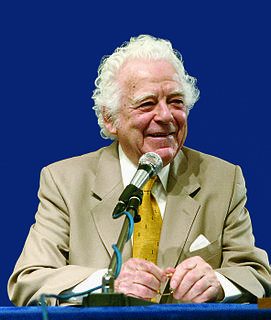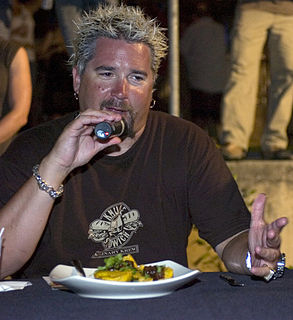A Quote by Simon Baker
I like putting my money into things like food and shelter. I'm probably a bad example of an investor.
Related Quotes
The woman is more intelligent when it comes to the children, when it comes to her role and responsibility as a mother and so on. Then, the man is usually, for example, in the public arena. He is usually good with things like penal code matters, and so he's the one who has to go out and provide, even if the woman is rich. She can stay at home and won't have to lift a finger " it's up to the man to do all the work, and provide her with food, clothing and shelter. The woman is treated like a queen in the home. She is a princess.
Food is one of my favourite things. Though I certainly know lots of people who happen to be happily married who don't have food play the role in it that it plays in my life. And I don't know how they do it, and frankly I feel so bad for them because I just love food and one of my favourite things is asking, "What do we want for dinner? What do we feel like eating?" That wonderful negotiation that goes on several times a week about what "we" feel like.
Humanity is no longer the same. Its needs are no longer the same, and the needs of all around the world are recognizable. We need jobs. We need food. We need shelter. We need health care. We need education. These few things are the absolute necessities of all people everywhere, and yet even in the most-developed world, like America and Europe, no one has all of these things by right, unless they have money - and this is the rub.
Everything desires not like but unlike: for example, the dry desires the moist, the cold the hot, the bitter the sweet, the sharp the blunt, the void the full, the full the void, and so of all other things; for the opposite is the food of the opposite, whereas like receives like receives nothing from like.
All of human history is about the going from sudden fat years to the sudden lean years. We've always had good times and bad, and we've had ways of managing the bad times. We have ways of insulating ourselves, making ourselves less sensitive for the bad times by having things like grain stores, for example. Pretty much every civilization that's lasted for any reasonable length of time has some food management principles behind it. But what's been happening over the past thirty years is it's failed - the insurance policy.




































